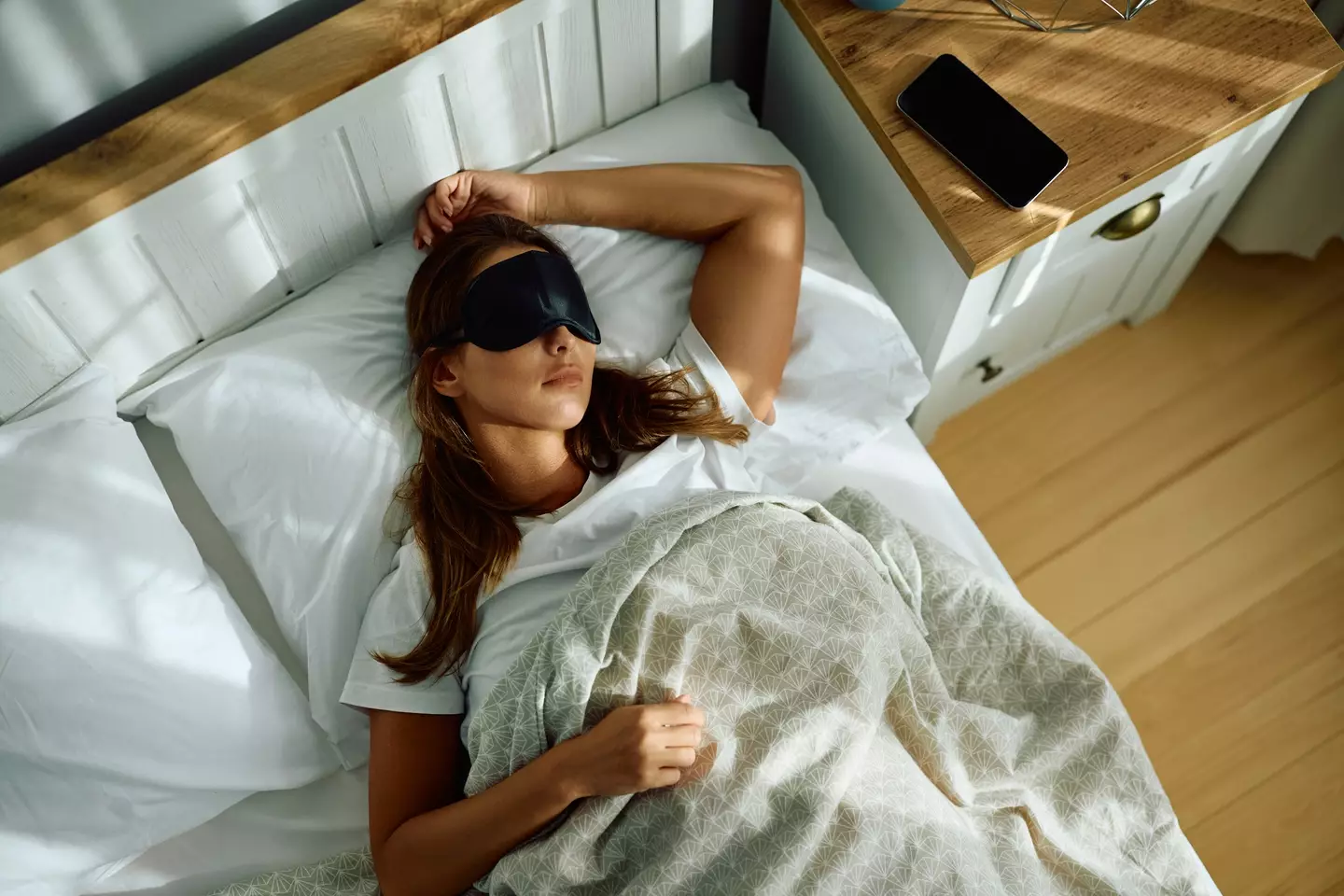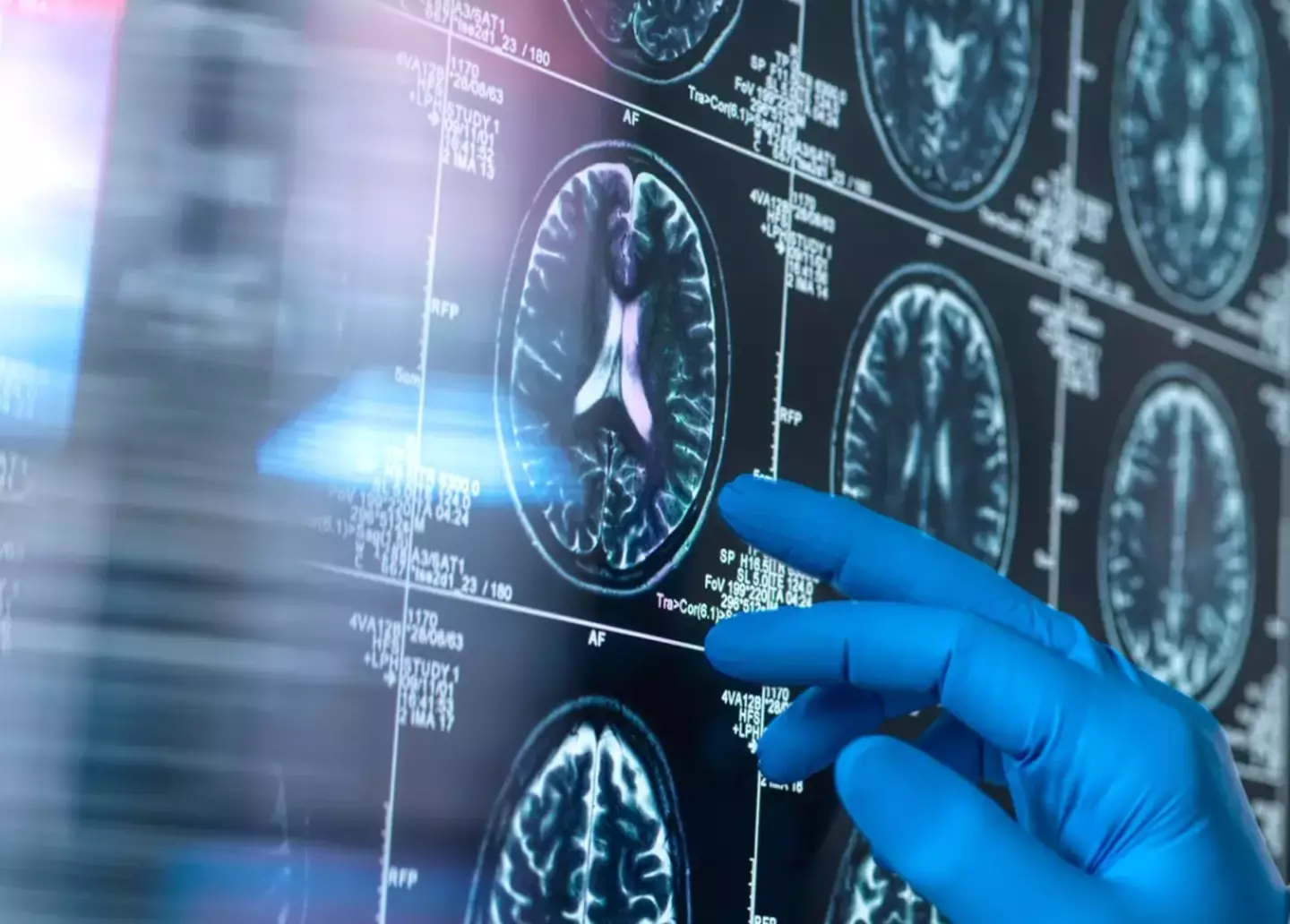
A new scientific study claims to link the way people sleep to an increased risk of Alzheimer’s disease.
For those unfamiliar, Alzheimer's disease is the name for a group of symptoms associated with an ongoing decline of brain functioning - it’s also the biggest cause of dementia.
As it progresses, Alzheimer's damages a person’s brain and their thinking skills, memory and ability to carry out everyday tasks are reduced.
The NHS outlines that the exact cause of the illness is not yet fully understood, but a number of things are thought to increase your risk of developing the condition.
Advert
And now, new research published in the journal Alzheimer’s & Dementia, has suggested that there could be a link between the disease and REM sleep, after looking into the relationship between the two.
REM, or rapid eye movement sleep, is the last stage of sleep that involves increased brain activity and vivid dreaming.

The name comes from how your eyes move behind your eyelids while you're in a deep sleep and dreaming.
Everyone experiences REM sleep while they’re out for the count, and according to Cleveland Clinic, it makes up about 25% of your total time asleep.
So where does the supposed Alzheimer's link come into it?
Well, for the Chinese study, researchers looked into how long it took 123 people to reach REM for the first time after they drifted off.
Among the participants were 64 people with Alzheimer’s disease and 41 with mild cognitive impairment.
The remaining 18 people who took part in the study had normal cognitive function.
Everyone involved took part in a study and scans for the biomarkers that indicate Alzheimer’s.
The study claims that prolonged REM latency could serve as a ‘novel marker of risk factor’ for Alzheimer’s disease.

In simpler terms, scientists found that those who took longer to get to the REM stage of sleep were more likely to have biomarkers of the illness.
However, don’t panic, as this of course doesn’t mean that taking longer to get into a deep sleep means you will definitely get Alzheimer's.
There is also a lot more research that needs to clarify the facts and the relationship between sleep and Alzheimer's is still being explored.
The Alzheimer’s Society explains that people living with dementia often have issues with sleep, however the evidence is unclear on whether poor sleep is a risk factor for dementia.
But, it can only be a good thing to try and make sure you’re getting some good shut eye as good quality sleep is linked to good health and even how well the brain works
According to the NHS, adults usually need around seven to nine hours of sleep, so as much as it can be tempting to stay up, it’s always good to get into a routine.
Topics: Sleep, Health, NHS, World News